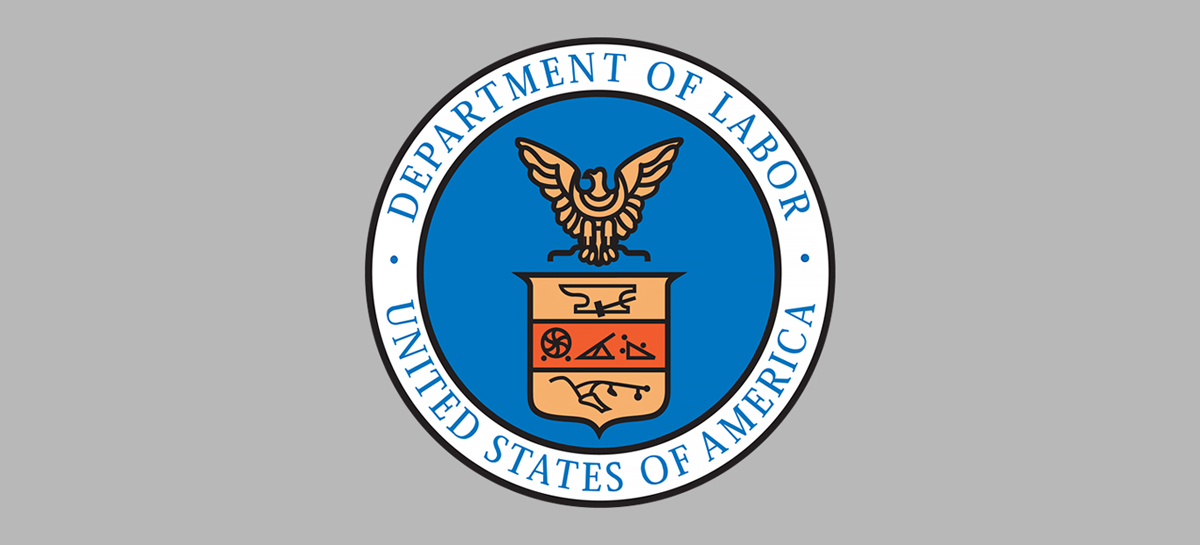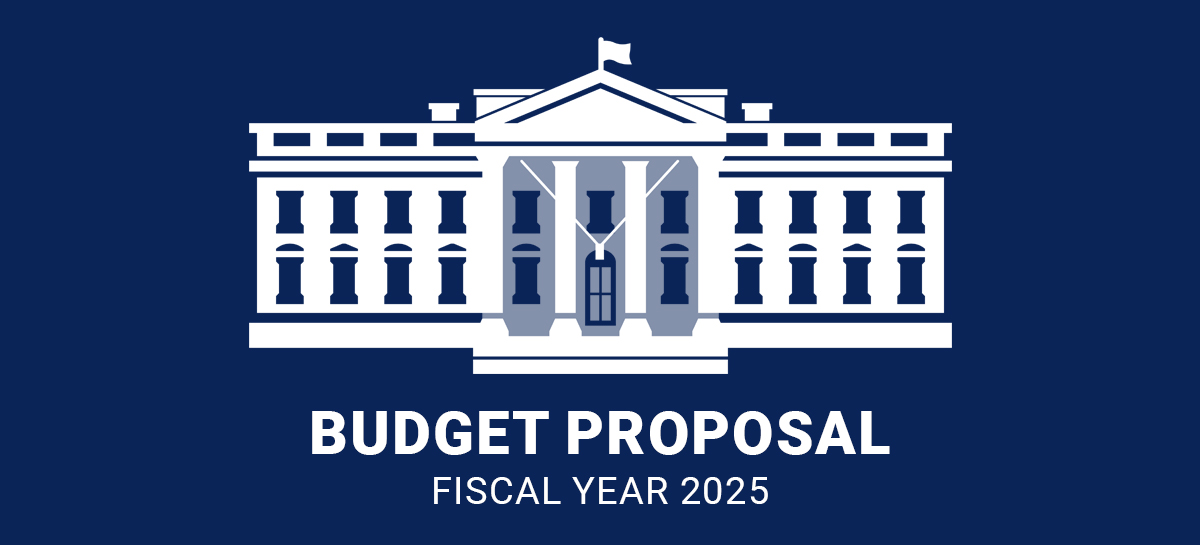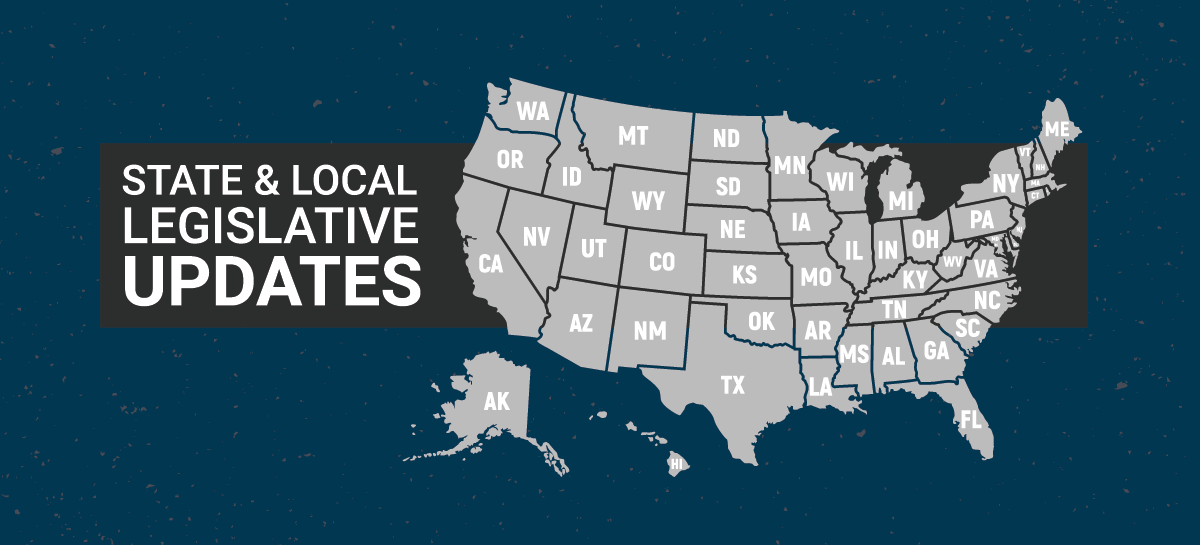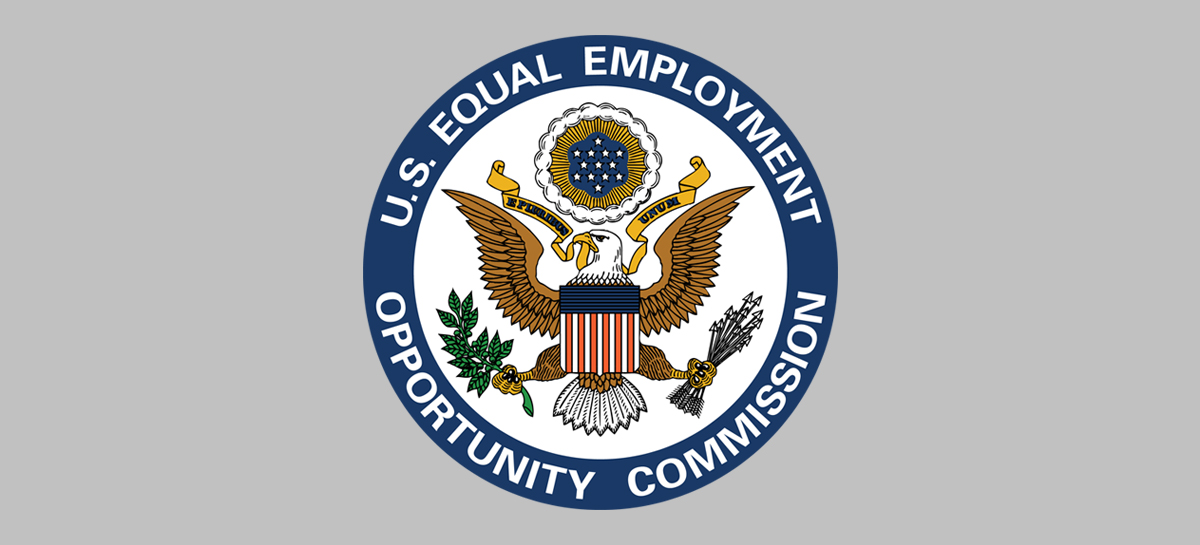
In early March 2024, the U.S. Department of Labor’s (DOL) proposed overtime rule, announced in August 2023, entered its last stage of review. Publication of the final rule is expected soon. The rule would amend the requirements that employees in certain white-collar occupations must satisfy to qualify for an overtime exemption under the Fair Labor Standards Act (FLSA).
The FLSA white-collar exemptions apply to individuals in executive, administrative, and some outside sales personnel and computer-related occupations. Some highly compensated employees (HCEs) may also qualify for a FLSA white-collar exemption. To qualify for most white-collar exemptions, employees must meet the specified salary threshold, among other criteria.
Continue reading







